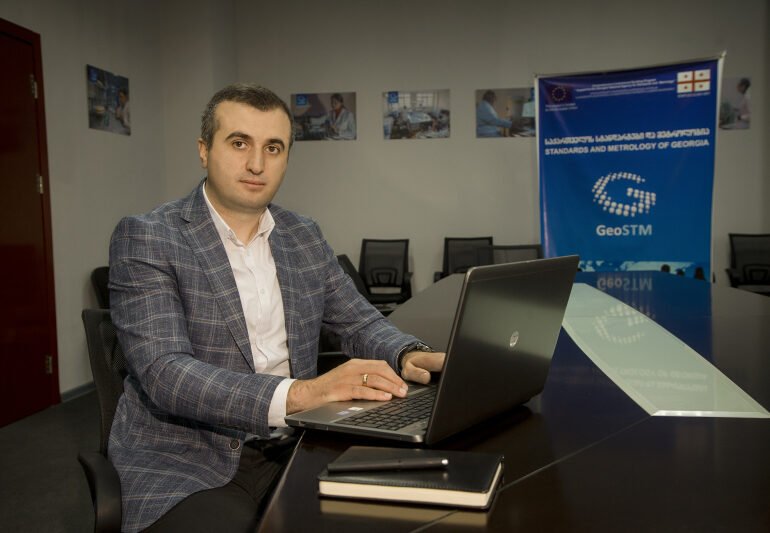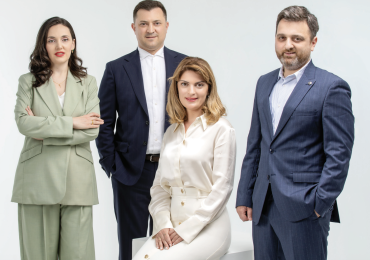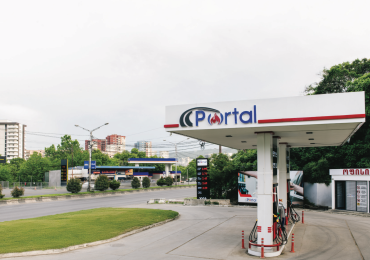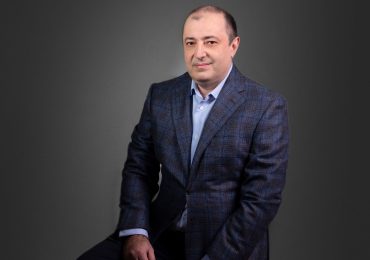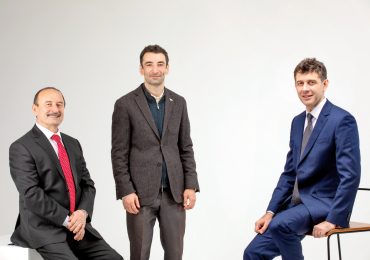Probably everyone reads in the description of the product or service – “Comply with standards”. Sometimes it refers to European, international or Georgian standards. However, we have probably never thought about who creates them.
The state policy on standardisation in Georgia is managed by the Georgian National Agency for Standards and Metrology under the Ministry of Economy and Sustainable Development of Georgia and ensures that all interested persons have access to the standards they want.
Any stakeholders can develop the Georgian standard. The use of standards in Georgia is voluntary in contrast to the technical regulations, however, the production of the product or services under its guidance indicates a relatively high quality, which at the same time comply with the requirements of the technical regulations. Therefore, manufacturers who aim to develop and/or expand production, enter to new markets are interested in satisfying standards.
Access to the standards is provided to them with the help of the above-mentioned Agency. As Sulkhan Tabaghua, director of the Agency’s standards department, told Forbes Georgia “the Agency registers about 2,000 standards a year. Standards cover almost all areas of the economy”.
It should also be noted that within the framework of the Association Agreement between Georgia and the European Union, in particular in the framework of the Deep and Comprehensive Free Trade Agreement (DCFTA) Georgia has an obligation to approximate national legislation to European ones. Harmonized (European) standards play an important role in fulfilling European legislative requirements. If a Georgian entrepreneur wants to enter the EU market, he must satisfy European standards. The procedures for registration, translation (if necessary), and adoption of European standards as a Georgian standard are conducted by the Standards Department of the Georgian National Agency for Standards and Metrology.
“Standard is the best way for so-called self-regulation. This is the best way to develop your business, national, international and European level. It turns out that one of the most important ‘passport’ to get through all the markets without technical barriers is to have a standard and an appropriate certificate” said Sulkhan Tabaghua.
The Agency review the registered standards every five years according to the international and European best practices. Standardisation technical committee participate in the process whenever needed. Each committee reviews the standards projects presented in a specific area, among technical committees are: Electrotechnical; Food Products; Management and Conformity Assessment; Tourism and Related Services; Construction and Increased Hazards Objects; Natural Gas; Energy Efficiency; Roads, Traffic and Safety. Technical committee brings together specialists, who are represented by various organizations operating in the relevant field.
“Every year we update the technical committee. Committee as an advisory body assists the Agency in making decisions in a technical context. The main function of the committee is to review standards project and make relevant recommendations” Sulkhan Tabaghua explained.
The Agency has more than 15,000 registered standards, among them dominated international and European standards. Membership of European and international standardization bodies is required for the registration of these standards. The Agency represents Georgia in international and European standardisation organizations, and has also signed a Memorandum of Understanding with the American Society for Testing and Materials (ASTM), so the standards published by these organizations are available to all interested persons through the Agency. Membership in these organizations is associated with certain membership fees, which is a significant indirect investment made by the government to promote business development within the country. As in other countries, the standard registered by the Agency has a fee. However, standards in Georgia are considerably cheaper than the other countries. “We try to find a balance, ensuring that the fee of a standard does not constitute a barrier for business development” states Sulkhan Tabaghua.
The Agency digitized the purchase of the Georgian standards earlier this year. On the electronic platform of standards sst.geostm.gov.ge customers can find, preview, and purchase the Georgian standard they want “The procedures for purchasing a standard on the platform are simple. This is especially important in a pandemic, when you do not need to come to us and go through the procedures, writing a letter or paying a fee. The online service is also safe in terms of healthcare” the director of the Agency’s standards department told to Forbes Georgia.
As he says, standards that have been translated into the Georgian language are in particular demand on the web platform. The most frequently purchased standards are the international ones, although demand for EU standards has also increased since 2014 when the DCFTA agreement entry into force.
“All translated standards are also published on the standards platform in English language” Sulkhan Tabaghua stated.
Apart from the standards related to traditional sphere, in the pandemic time has also increased the demand on medical product standards, for example, standards for medical face masks and gloves. Georgian National Agency for Standards and Metrology, together with Latvian partners, Latvian Standard (LVS) and Tilde Company, took part in a grant project “Standardisation as Support Tool for Rapid Response Measures to the Emergency Situation Caused by the COVID-19 Pandemic in Georgia” funded by the Ministry of Foreign Affairs of the Republic of Latvia, to share its best practices with European colleagues in this regards. “The project was designed to identify and translate the standards that are necessary to fight the pandemic. Together with European experts, we agreed on a list of personal protective equipment (PPE) standards” Mr. Tabaghua explained.
Speaking to Forbes Georgia, Sulkhan Tabaghua noted that this was the first attempt to use the artificial intelligence program, an online platform developed by the Tilde Company in the standards translation process. Various activities were carried out within the project, including an online seminar for interested persons on language technologies and specifics of the translation platform.
The above project is not the first case of cooperation with Latvia. In recent years, projects in the field of construction and tourism have also been implemented, in which representatives of the relevant technical committee members participated. According to the director of the Agency’s standards department “sharing the experience of European friendly countries is important and this will continue in the future to bring Georgia even closer to Europe and the developed world”.

